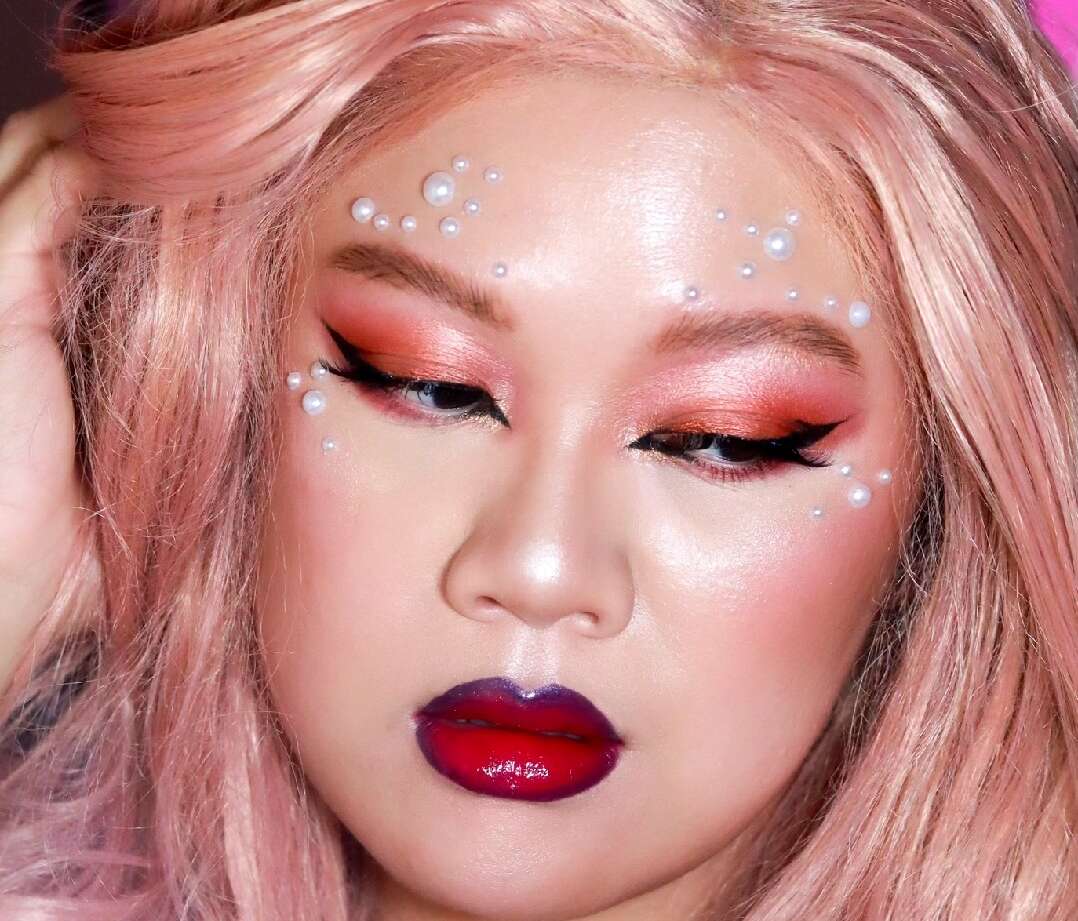We recently connected with AURORA and have shared our conversation below.
Alright, AURORA thanks for taking the time to share your stories and insights with us today. What were some of the most unexpected problems you’ve faced in your career and how did you resolve those issues?
A problem I never anticipated having is dealing with burnout. I started having burnout back in 2018. I was having difficulty navigating a workplace that encouraged overwork and the environment ultimately became detrimental to my mental health. The difficult thing about burnout, as I experienced it, was that it was such a gradual onset. I didn’t know I was burnt out until I was in the middle of it.
Once I was burnt out, nothing felt like it was worth doing. All I wanted to do was sleep. I remember looking back on the makeup looks I was doing then and feeling really unsatisfied with them. It felt like I was forcing creativity and the makeup looks I had found so much joy in creating started to feel like work. Even today, I can pick out the makeup looks that I’ve done in a creative flow and the looks that I did because I had scheduled to post a look that week.
That was the worst thing to feel about something that brought me joy. That artistry was something I had to optimize, analyze, and regiment. It felt so the opposite of the release of creative energy. There was no flow in it.
Another issue I am still contending with is that, in my experience of burnout, there was no beginning, middle, and end. I’d like to say that if I was privileged enough to take a year-long sabbatical, I might be able to address the root of my burnout and put an end to it. Life doesn’t work that way though. As demoralizing as it sometimes is, battling burnout is a long-haul battle for me right now. This means that when I dip back into that familiar feeling of creativity feeling like work, I know I have to distance myself. I need to let myself breathe and I need to let my mind unwind. The spark always comes back but it takes longer if I force myself into something my body isn’t ready for.
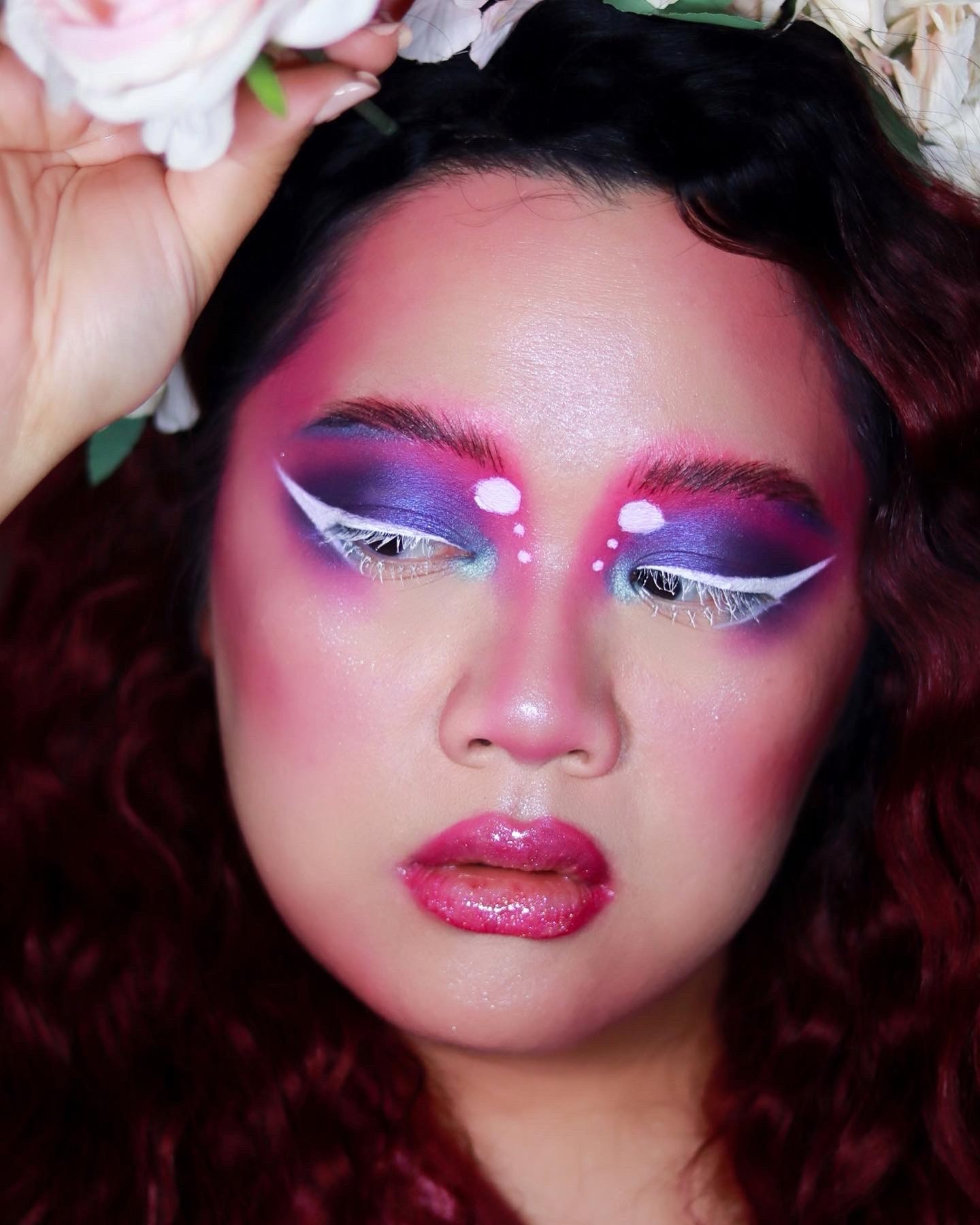
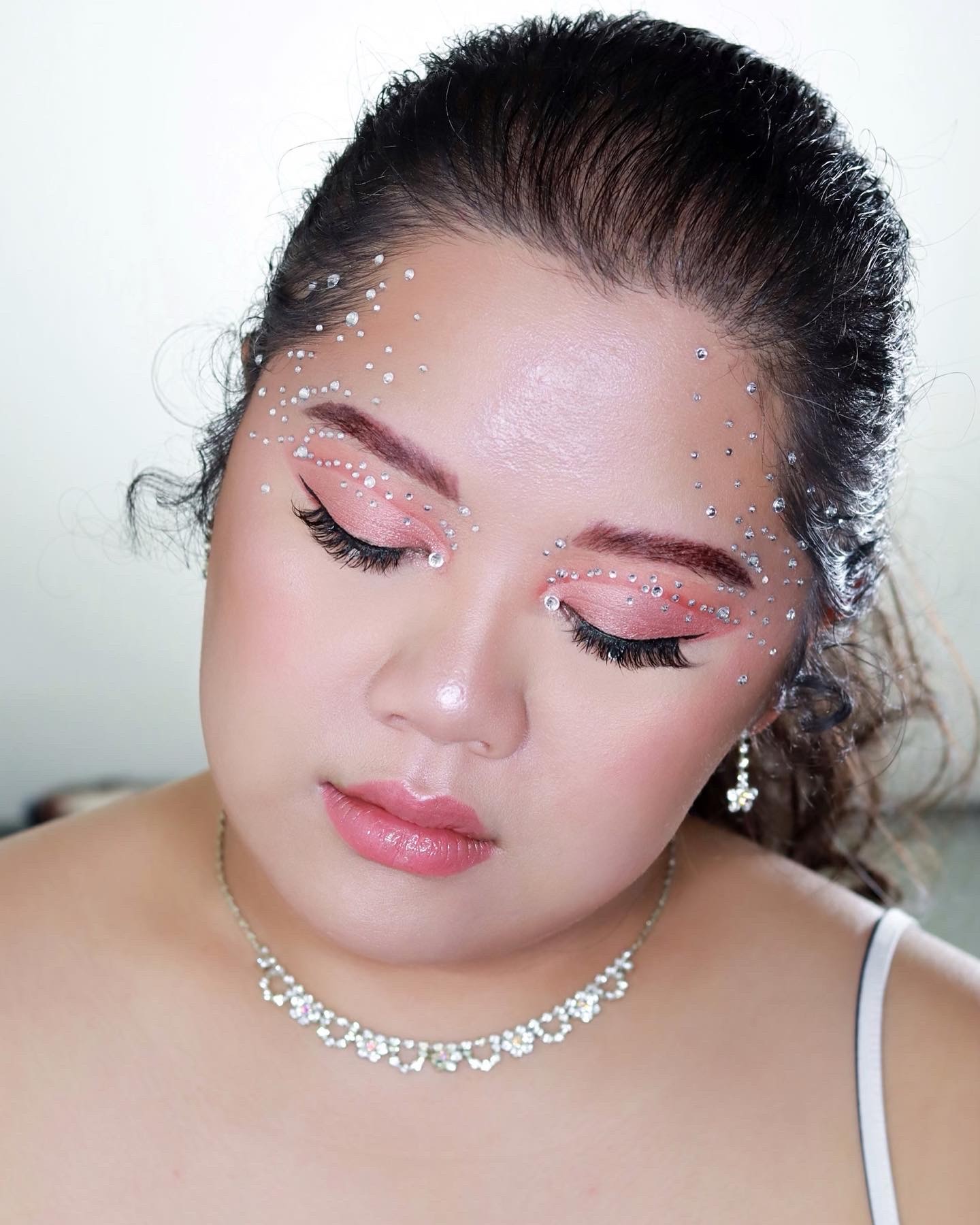
As always, we appreciate you sharing your insights and we’ve got a few more questions for you, but before we get to all of that can you take a minute to introduce yourself and give our readers some of your back background and context?
I always introduce myself as a makeup content creator. Makeup to me has always been connected to a transformative feeling. I first started using makeup when I first started doing theatre when I was young. Because I treated theatre as a safe space where I can express my feelings, makeup and costumes were accessories to help me bring a feeling inside and express it on the outside.
One of my goals as a creative is to communicate that makeup is a tool to show your personality and to express yourself how you want. I hope that makeup becomes less about looking a certain way and more about how it makes you feel. Whenever someone who’s never used makeup before tells me they want to start and asks for advice, my first question is always “Why do you want to start using makeup?” People (women especially) face enormous pressure to look a certain way. I want women to know that it’s perfectly fine not to put on makeup at all if they don’t want to but I want them to also know that if they do choose to put on makeup, that’s something they do for themselves.
How can we best help foster a strong, supportive environment for artists and creatives?
The first thought that comes into my head is: “Pay them fairly.” I’m a content creator so I inhabit a contradictory place where many corporations don’t see what I (and many people like me) do as work. Yet, they know that by working with me, they stand to make so much money from the content I create.
I’ve heard many content creators say that they can’t pay their bills with free gifts. Companies can make so much money from the work that creators do for them. It shouldn’t be a big ask to be paid for the work and services rendered.
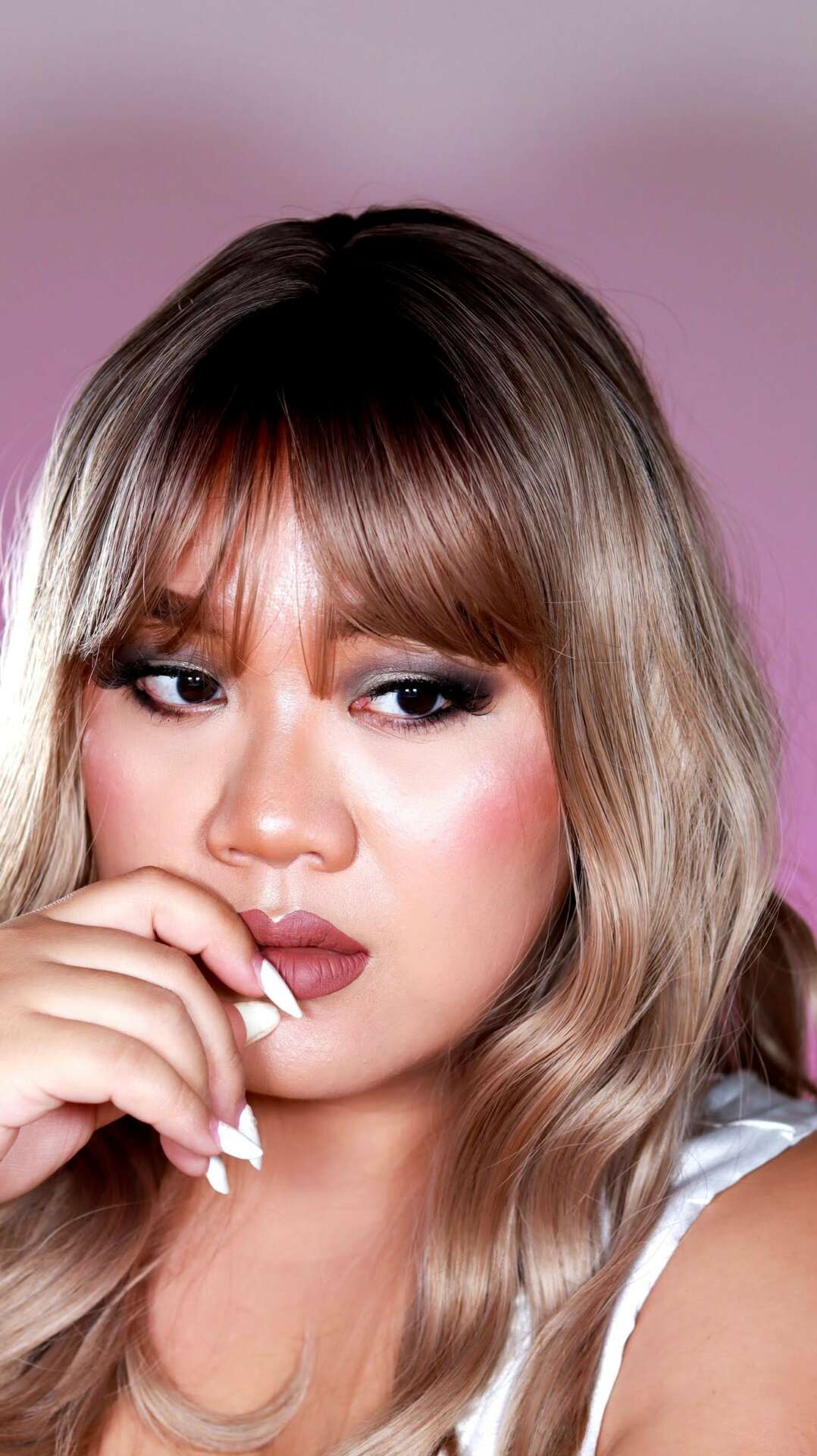
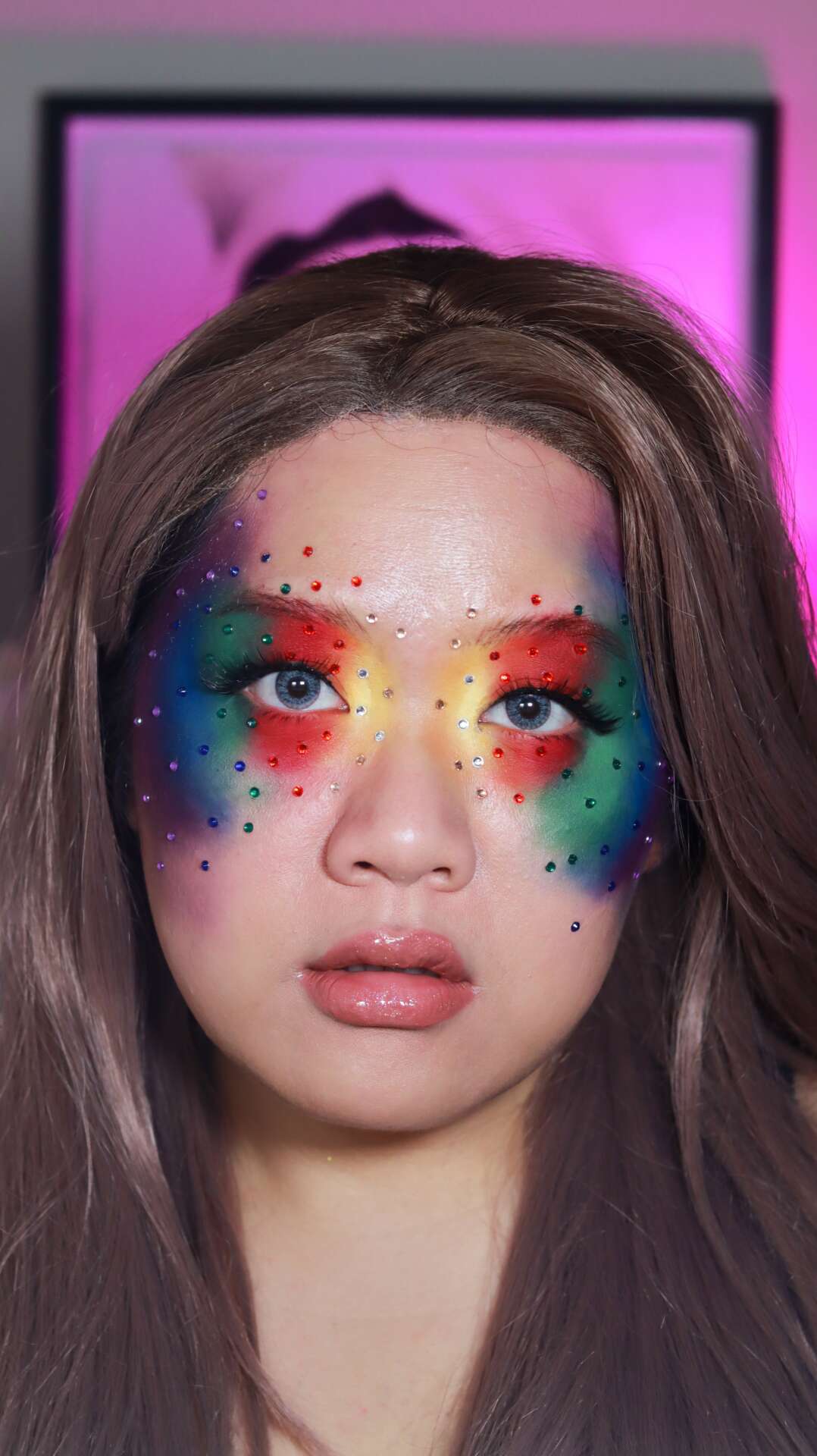
Do you think there is something that non-creatives might struggle to understand about your journey as a creative? Maybe you can shed some light?
My parents instantly popped up in my mind, haha. I think non-creatives (I’m thinking of my parents here) always want to ask me, “What’s the point in all of this? How will this benefit you?”
In the long term, my end goal would be to improve my skills and communicate the message that makeup is an artistic tool to help you feel good about yourself.
Short term, my goal is pleasure and enjoyment. The non-creatives I’ve met that have been really vocal about not understanding why I do this all can’t seem to grasp the idea of doing something just for enjoyment and pleasure. I don’t believe that for something to be worth doing, it has to make me money or give me the ability to advance in my career. This mindset is probably why I’m not rich but I like to think that when I reach the end of my life, I won’t wish that I made more money or spent more time on my career. I like to think I’ll look back on the art I created, the art that I saw, the beauty that I experienced, and the creativity I pursued.
Contact Info:
- Website: https://www.auroradoesstuff.com/
- Instagram: https://www.instagram.com/auroradoesstuff/
- Youtube: https://www.youtube.com/channel/UCW8uLhC3VWPnbjWYTo5hEpA
- Other: TikTok: https://www.tiktok.com/@aurora.does.stuff


